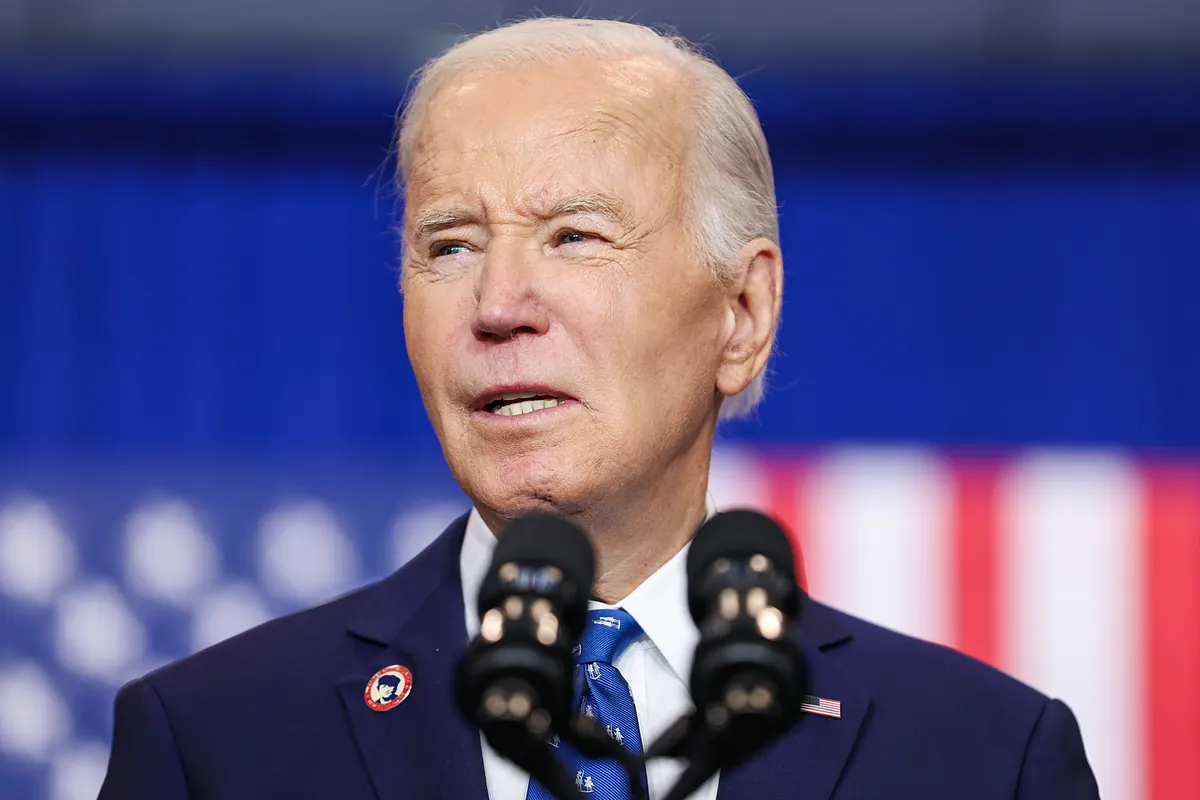Biden's Prostate Nodule: What Does This Diagnosis Mean for the President's Health?

Biden's Prostate Nodule: A Closer Look at the Diagnosis and Potential Health Implications
Recent news has stirred concern across the nation: Former U.S. President Joe Biden has been diagnosed with a prostate nodule. A statement released by his personal office on Sunday confirmed the finding, prompting questions about the potential impact on his health and presidency. But what exactly is a prostate nodule, and what does this diagnosis signify for the 81-year-old president?
Understanding Prostate Nodules
The prostate is a gland located below the bladder in men, responsible for producing fluid that helps carry sperm. Prostate nodules are small lumps or bumps that can be detected during a routine prostate exam or through imaging tests like an MRI. While many nodules are benign (non-cancerous), some can be cancerous. It's important to note that the discovery of a nodule doesn't automatically mean cancer; further investigation is crucial.
Biden's Diagnosis: What We Know So Far
According to the White House statement, Biden underwent a routine medical examination, during which the nodule was detected. He is undergoing further tests to determine the nature of the nodule and rule out any potential malignancy. The statement emphasized that Biden remains fit for duty and there is no indication of cancer at this time. His physician is closely monitoring the situation and will provide updates as needed.
Potential Health Concerns and Next Steps
While the initial assessment is reassuring, the presence of a prostate nodule warrants careful attention. Possible next steps might include:
- Further Imaging: More detailed scans, such as a multiparametric MRI, can help characterize the nodule and assess its risk level.
- Biopsy: If the imaging results raise concerns, a biopsy may be recommended to collect tissue samples for analysis under a microscope. This is the definitive way to determine if the nodule is cancerous.
- Active Surveillance: For low-risk nodules, doctors may opt for active surveillance, which involves regular monitoring with exams and imaging to watch for any changes.
Prostate Cancer Risk and Early Detection
Prostate cancer is a common cancer in men, but early detection significantly improves treatment outcomes. Regular prostate exams and PSA (prostate-specific antigen) blood tests are recommended for men over 50, or earlier for those with a family history of the disease. Biden’s diagnosis underscores the importance of proactive health screenings and awareness of potential risks. It also highlights the advancements in detection methods like MRI, enabling the identification of smaller nodules that might otherwise go unnoticed.
The Political Landscape
The diagnosis naturally raises questions about Biden's ability to fulfill his presidential duties, especially given his age. However, the White House has been quick to reassure the public that he is in good health and capable of leading the country. Regardless of the outcome, this situation will undoubtedly be a topic of discussion and scrutiny as the nation navigates the ongoing political landscape.
Conclusion
Joe Biden's prostate nodule diagnosis is a reminder that even the most powerful figures are not immune to health challenges. While the situation requires careful monitoring and further investigation, the initial reports offer a degree of optimism. The focus now shifts to the results of additional tests and the ongoing care provided by his medical team. This event also serves as a valuable opportunity to raise awareness about prostate health and the importance of early detection for all men.





